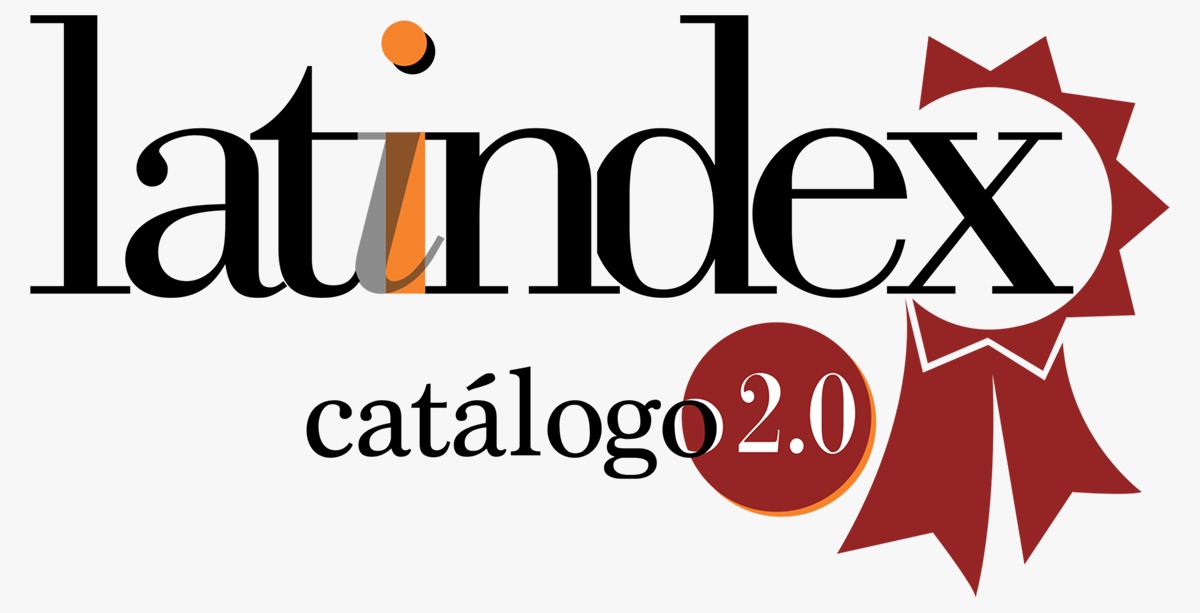Distributed leadership and conflict management in secondary level teachers: network 4-ugel 01, 2017
DOI:
https://doi.org/10.47865/igob.vol4.2021.118Keywords:
Distributed leadership, conflict managementAbstract
The present research work entitled: "Distributed Leadership and Conflict Management in Secondary Level Teachers: Network 04 - UGEL 01", was carried out with the objective of determining the relationship that exists between the variables: Distributed Leadership and Conflict Management in The teachers of the Secondary Level: Network 04 - UGEL 01, the study arises within the framework of school management commitments and the improvement of teaching performance.
It is a correlational descriptive type of research because it establishes a direct relationship between the variables: Distributed Leadership and Conflict Management. The population was constituted by 122 teachers of Secondary Level comprising the educational institutions of Network 4, in this sense the study was census where all the research units are considered as sample to those who were administered two instruments that were validated by trial of experts and determined with high reliability: distributed leadership questionnaire - LDAG (cronbach alpha = 0.836) and the conflict management questionnaire - GCAG (cronbach alpha = 0.901).
It was concluded that there is a direct and significant relationship between the distributed Leadership and the management of conflicts of the teachers of the educational institutions of the Network 04 of the UGEL 01 in the year 2017, with a Spearman correlation coefficient of 0.606 and a value p = 0,000 lower than the 0.05 level, the alternative hypothesis is accepted and the null hypothesis is rejected, confirming the relationship between the variables analyzed in this research paper.
Downloads
References
Bolivar, A. (2011). Aprender a liderar lideres: Competencias para un liderazgo directivo que peomueve el liderazgo docente. Educar, 47. Recuperado de http://www.redalyc.org/articulo.oa?id=342130837004.
Bolivar, A. (2010). ¿Cómo un liderazgo pedagógico y distribuido mejora los logros académicos? Revisión de la investigación y propuesta. Magis. Revista Internacional de Investigación en Educación.3. Recuperado de: http://www.redalyc.org/articulo.oa?id=281023476005> ISSN 2027-1174.
Bolivar, A. (2014). Un liderazgo pedagógico en una comunidad que aprende. Padres y Maestros. upcomillas, 361, 23-27. Madrid.
Castro, O. (2012). La distribucion del liderazgo en los centros escolares efectivos: el caso del colegio distrital Juan Evangelista Flores. (Tesis de maestría). Tecnologico de Monterey, Monterrey, Mexico.
Celis, S. y Sánchez, N. (2012). Liderazgo distribuido en docentes de una institución escolar particular. (Tesis de maestría). Universidad Católica del Perú, Lima, Perú.
Galvez, H. (2014). Relación entre inteligencia emocional y manejo de conflictos del puesto de trabajo en la empresa comercial Los hermanos, S.A. (Tesis doctoral), Universidad Rafael Landivar, Guatemala.
Hernández, R., Fernández, C., y Baptista, P. (2010). Metodología de la investigación (5a. ed.). México: McGraw-Hill.
Huamán, P. (2014). Gestión del personal y resolución de conflictos laborales en las instituciones educativas de la Policía Nacional del Perú. (Tesis de maestría). Universidad Cesar Vallejo, Lima, Perú.
Krichesky, G. y Murillo Torrecilla, F. (2011). Las Comunidades Profesionales de Aprendizaje. Una Estrategia de Mejora para una Nueva Concepción de Escuela. REICE. Revista Iberoamericana sobre Calidad, Eficacia y Cambio
en Educacion, 9. Recuperado de: http:// www.redayc.org/articulo.oa?
id=55118790005
Labrin, K. (2014). Prácticas que configuran un liderazgo distribuido en un Liceo politecnico de la Comuna de San Miguel. (Tesis de maestría). Universidad de Chile, Chile.
Leithwood, K. (2009). Como liderar nuestras escuelas: aportes desde la investigacion. Santiago de Chile.
Lopez, J. y Lavie J. (2010). LIderazgos para sostener procesos de innovacion. Revista de curriculum y formacion del profesorado.14. Recuperado de http://www.redalyc.org/articulo.oa?id=56714113005> ISSN 1138-414X.
Ministerio de Educación del Perú (2007). Lineamientos y estrategias generales para la supervisión pedagógica. Lima, Perú: Minedu.
Ministerio de Educación del Perú. (2014). Fascículo de gestión escolar centrada en los aprendizajes. Lima, Perú: MINEDU.
Ministerio de Educación del Perú. (2014). Manual de Tutoría educativa. Lima, Perú: MINEDU
Ministerio de Educación del Perú. (2015). Marco del buen desempeño docente. Lima, Perú: MINEDU.
Ortega, M. y Rocha, M. (2015). Liderazgo distribuido y cultura organizacional en educación básica. (Tesis de maestría). Universidad Pedagógica de Durango, México.
Ramon, L. (2011). Estudio de caso acerca del liderazgo distribuido en una escuela internacional de la ciudad de Mexico, Mexico D.F.
Riveros, A. (2012). La distribución del liderazgo como estrategia de mejoramiento institucional. Educación y educadores.15 (2). pp. 289-301. Recuperado de educacionyeducadores.unisabana.edu.co/index.php/eye/article/view/1845/2890.
Robbins, S. (2013). Comportamiento organizacional. México: Pearson Educación.
Spillane, J. (2004). Hacia una teoría de la práctica de liderazgo. Revista de Estudios Curriculares 36 (1). pp. 3-34. Recuperado de http://dx.doi.org/10. 1080/0022027032000106726.
Zarate, R. (2011). Liderazgo directivo y desempeño docentes en instituciones educativas de primaria del distrito de Independencia. (Tesis de maestría). Universidad Nacional Mayor de San Marcos, Lima, Perú.
Downloads
Published
How to Cite
Issue
Section
License
Copyright (c) 2021 IGOBERNANZA

This work is licensed under a Creative Commons Attribution-NonCommercial-ShareAlike 4.0 International License.
Esta obra está bajo una licencia internacional Creative Commons Atribución-NoComercial-CompartirIgual 4.0.
















